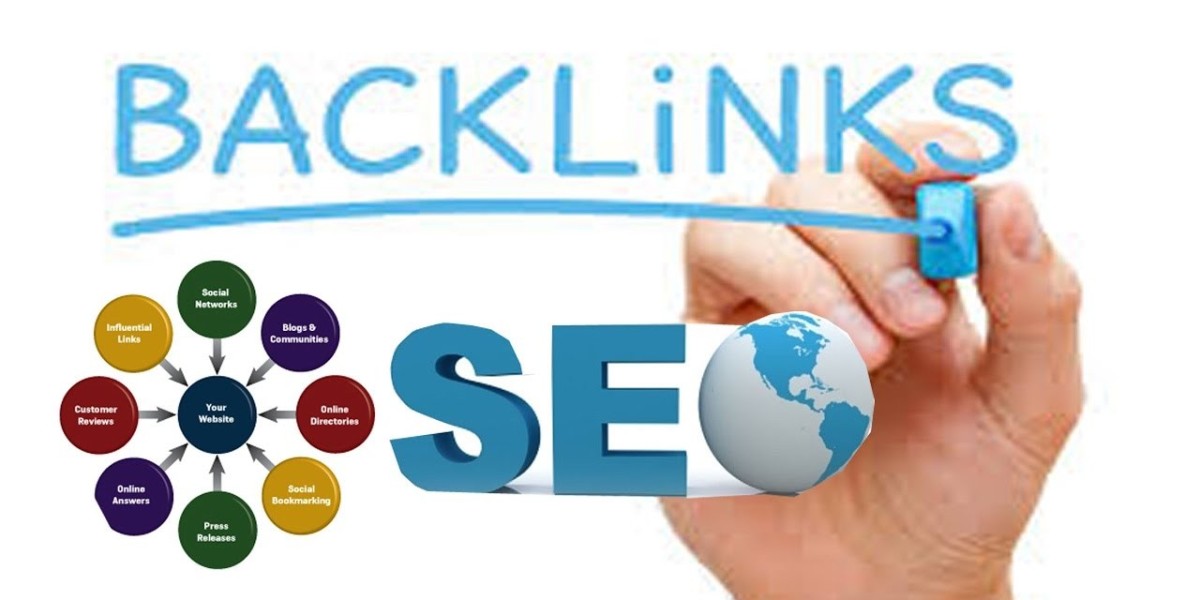In today's data-driven world, the demand for high-quality, diverse datasets has never been higher. Whether you're developing machine learning models, testing software, or conducting research, having the right data can make or break your project. This is where data generation tools come into play. These tools allow you to create synthetic data that mimics real-world data, enabling you to test and train models without the need for sensitive or hard-to-obtain datasets. In this blog post, we'll explore the top data generation tools on the market, how they work, and why they are essential for your data strategy.
What Are Data Generation Tools?
Data generation tools are software applications designed to create synthetic data sets. These tools simulate real-world data scenarios, enabling organizations to generate data that mirrors actual conditions without using real data. This is particularly useful for:
- Machine Learning: Training models with synthetic data when real data is scarce or sensitive.
- Software Testing: Creating various test scenarios without compromising actual customer data.
- Data Privacy: Avoiding the use of real, potentially sensitive data in development environments.
Top Data Generation Tools in 2024
Here are some of the leading data generation tools that can help you stay ahead of the competition:
Synthpop
- Overview: Synthpop is an R package that allows you to generate synthetic versions of data sets. It preserves the statistical properties of the original data while ensuring privacy.
- Key Features:
- Generates synthetic data based on actual data.
- Ensures privacy by avoiding direct exposure of sensitive data.
- Integrates easily with other R-based tools.
Gretel.ai
- Overview: Gretel.ai offers a suite of tools for generating synthetic data with a focus on privacy and data protection.
- Key Features:
- AI-driven data generation.
- Customizable data models to match specific use cases.
- Integration with popular machine learning frameworks.
Tonic.ai
- Overview: Tonic.ai specializes in generating synthetic data for software testing and development. It ensures that generated data is realistic and compliant with data regulations.
- Key Features:
- Realistic, compliant synthetic data.
- On-demand data generation for different testing environments.
- Supports complex data structures and relational databases.
Hazy
- Overview: Hazy uses AI to generate synthetic data that preserves the statistical properties of your original data while ensuring privacy and compliance.
- Key Features:
- Advanced AI algorithms for realistic data generation.
- Focus on GDPR and other regulatory compliance.
- Scalable to large datasets and complex environments.
MOSTLY AI
- Overview: MOSTLY AI generates highly realistic synthetic data that mirrors the original data, perfect for AI model training and testing.
- Key Features:
- High fidelity synthetic data that preserves patterns and relationships.
- Privacy by design with full regulatory compliance.
- Scalable solutions for large enterprises.
Why You Need Data Generation Tools
Data generation tools are not just a luxury; they're becoming a necessity in the modern data ecosystem. Here’s why:
Enhanced Privacy: By using synthetic data, you eliminate the risk of exposing sensitive information, ensuring compliance with data privacy regulations like GDPR.
Cost Efficiency: Generating synthetic data can be more cost-effective than collecting and cleaning large datasets, especially when dealing with rare or hard-to-collect data.
Versatility: Synthetic data can be tailored to fit specific needs, whether you're testing edge cases in software development or training machine learning models on diverse data scenarios.
Scalability: Data generation tools can create vast amounts of data quickly, allowing for extensive testing and development without the constraints of real data availability.
Final Thoughts
As the demand for data continues to grow, so does the need for robust data generation tools. Whether you're a data scientist, software developer, or business analyst, these tools can provide you with the synthetic data you need to drive innovation while maintaining privacy and compliance. Investing in the right data generation tool can give your organization a competitive edge, ensuring that your projects are always on the cutting edge of technology.








